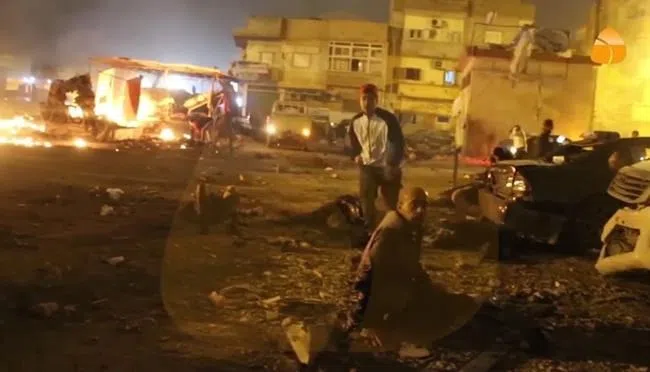
Death toll in car bombings in Libya’s Benghazi rises to 33
BENGHAZI, Libya — The death toll from a nighttime twin car bombing near a mosque in a residential area of Libya’s eastern city of Benghazi rose to 33 on Wednesday, authorities said.
The Tuesday night attack, which struck the city’s Salmani neighbourhood, also left 47 people wounded, local health official Hani Belras Ali said.
No group has yet claimed responsibility for the bombing, but many assumed it was the work of remnants of an Islamic State group faction largely driven out of Libya.
Benghazi police said the attackers timed the second bomb to go off as residents and medics gathered to evacuate the wounded from the first blast, aiming to cause a maximum of casualties.
